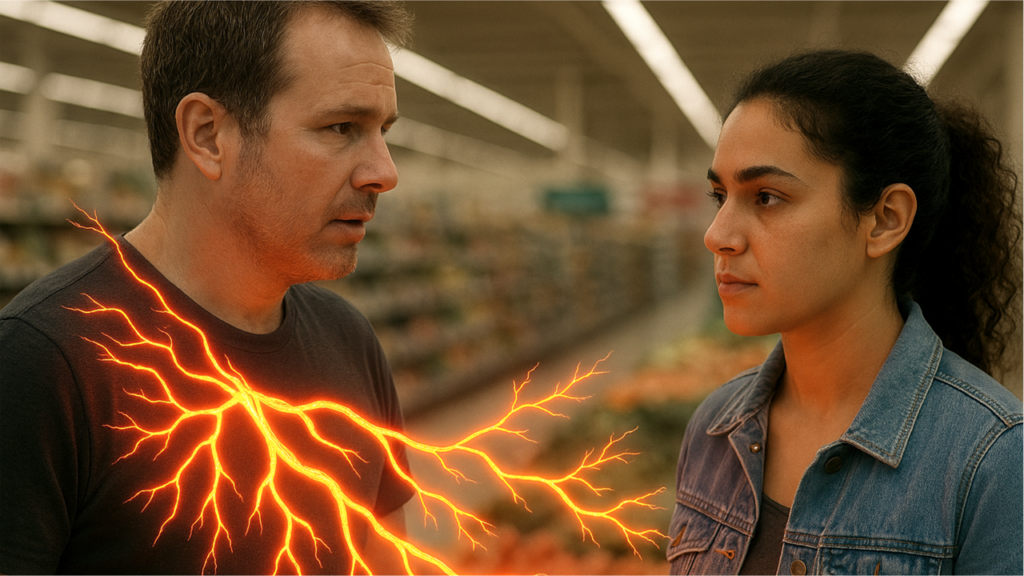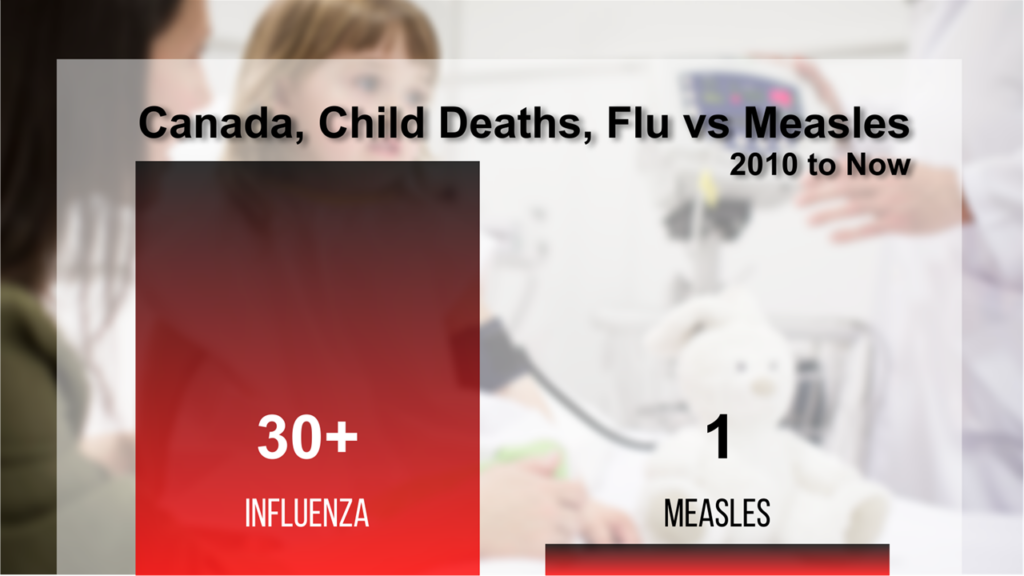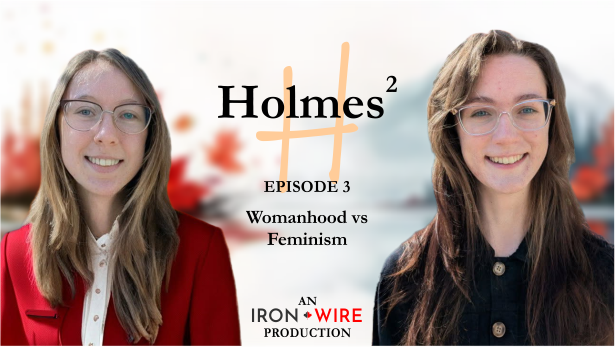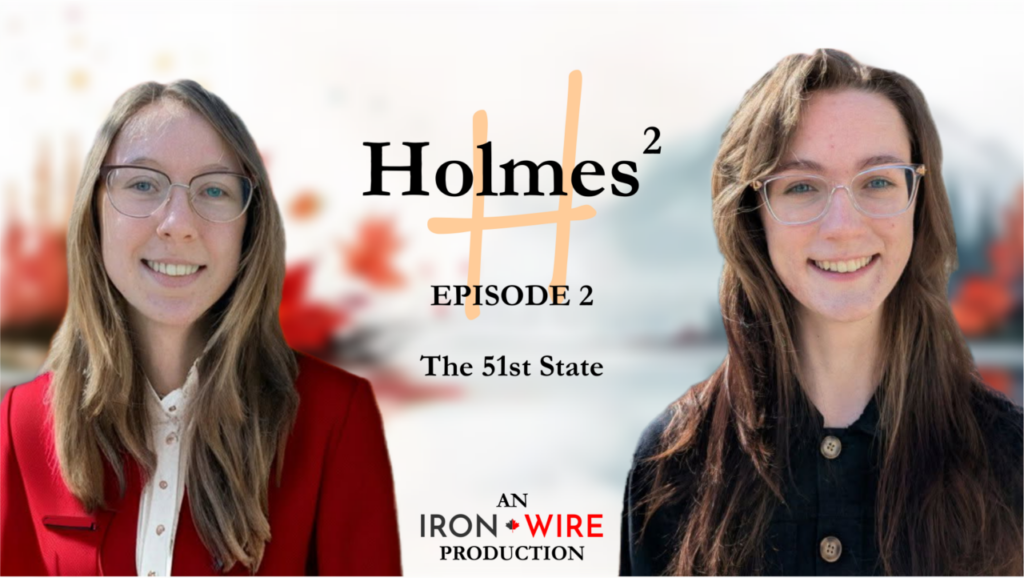Maclean’s Magazine: Canada’s New Home for Death Porn?
This article was published by Kelsi Sheren on April 8, 2025
 |
| Kelsi Sheren |
By Kelsi Sheren
Yes, Yes they are.
Maclean’s recent article advocating for the inclusion of individuals with mental disorders in Canada’s Medical Assistance in Dying (MAID) program isn’t just controversial—it’s dangerously unethical, manipulative, fundamentally dark and sinister.
Maclean’s is very quickly gaining a reputation for promoting death porn and suggesting that those suffering mental illnesses should have access to assisted dying. They are once again choosing to send a chilling message to it’s readers, which at this point I doubt are many. They implicitly suggests that lives affected by mental health conditions are less valuable, less deserving of intensive care, treatment, or societal compassion.
In the most recent article promoting and manipulating it’s readers is their attempt to frame suicide as a legitimate option for those struggling with mental health, when all this really shows is Maclean’s constant attempt at devaluing the lives of the mentally ill, effectively promoting hopelessness rather than hope.
Imagine the devastating effect on a vulnerable individual reading that their life is considered disposable or irrecoverable by society. This undermines decades of work aimed at destigmatizing mental illness and reinforces dangerous stereotypes about mental health struggles being inherently hopeless. While reading there most recent article I couldn’t help but notice the add for “war amps” on their site, which makes me laugh a bit because people who aren’t perfect are exactly what this magazine is attempting to suggest are disposable.
This magazine continues to frame the argument that people with mental illness are “irremediable”. In the Maclean’s article the concept of “irremediable” mental illness is a wild one. This position is scientifically and ethically unsound. Mental illness, unlike terminal physical illness, is complex, dynamic, and subject to significant change and improvement over time.
Mental illnesses such as depression, PTSD, bipolar disorder, or schizophrenia can indeed be severe and debilitating. But the nature of these illnesses is often fluctuating, with many sufferers experiencing meaningful recovery after proper care, therapy, medication, lifestyle changes, and even innovative treatments like psychedelics.
To label someone’s mental condition as “irremediable” is both wildly misleading and irresponsible, but this magazine seems to have no soul and seems quite alright with removing the very hope necessary for recovery and invalidates the lived experiences of countless individual’s who have successfully recovered from severe mental health episodes.
As someone who has personally overcome suicidal thoughts and severe mental health struggles, I can affirm that recovery and healing are possible. At my lowest point, it felt impossible to see a way forward, but with appropriate support, therapy, community, plant medicine and determination, I found a path out of that darkness. But according to this article Maclean’s wrote, I would have been considered “irremediable” and If I had seen this story over the 10 years of struggling with my mental health, then I’m sure I would have lost hope too. They are contributing to the idea that there is nothing left to live for so why the fuck should we even try mentality.
The thing is my story isn’t unique; countless others have walked similar journeys, reclaiming their lives and thriving beyond their struggles.
To advocate for MAID as an option for mental health conditions fundamentally denies stories like mine and many others, wrongly presenting death as an inevitable or acceptable outcome rather than encouraging genuine healing and recovery.
Expanding MAID to mental illness sets a dangerous and dark cliff people will easily jump off of once we remove the responsibility of being the person to take our own life. A lot of the reason people stop before they attempt suicide is the FEAR or pain and what death will feel like. MAID and the “Dr’s” that do this dangle the carrot like a prize, removing the burden from the person and offering an easy way out.
Initially positioned as compassion, this policy change quickly risks becoming a tool of coercion, especially for marginalized and economically vulnerable groups, something we are continuously seeing in Canada and will continue to see as our healthcare system and country crumble to the ground.
Individuals suffering from severe mental health issues also face compounded struggles—economic hardship, isolation, lack of family support, or chronic homelessness. Offering MAID to these individuals coerces vulnerable people into viewing suicide as a reasonable escape from systemic failures and insufficient social support.
This has never once been about compassionate care. It’s darker than that more sinister and the reality is, is that it’s an abandonment of society’s moral responsibility to provide robust and holistic support systems. MAID has becomes not a tool of autonomy but a grim solution offered by a liberal government who is unwilling to invest adequately in mental health care but will send hundreds of millions of dollars overseas, to support ANYONE BUT it’s citizen’s.
The role of psychiatrists and mental health practitioners is to preserve life, treat illness, and support recovery. Maclean’s advocacy fundamentally conflicts with these professional ethics. Asking mental health professionals to facilitate MAID turn’s healer’s into facilitators of death and we are essentially making all healthcare practitioners EXECUTIONERS. Trained killers, guns for hire and instead of using a gun which would be more humane in my opinion. We are giving them government funded-non FDA approved drugs to inject into the veins of the vulnerable victims of people that have been convinced that death is the only option by people DWD and Macleans.
This ethical dilemma isn’t abstract. It poses real-world risks of eroding trust in mental health services. People are hesitating to seek help, fearing their mental health struggles might qualify them for assisted dying rather than compassionate treatment, and we are seeing this time and time again. This scenario undermines the very fabric of mental health care, turning hospitals and therapists’ offices from sanctuaries of healing into environments potentially perceived as threats.
Beneath the surface, this debate is marred by an alarming economic incentive. Promoting MAID as an acceptable choice for mental illness is conveniently become a cost-saving measure for overwhelmed healthcare systems and governmental budgets by the liberal government.
Providing comprehensive mental health support, including therapy, long-term care, psychiatric assistance, and social programs, requires substantial investment, an investment the Canadian government is unwilling to make. Although they seem to have no issue making that investment on illegal immigrants who don’t pay taxes, lining the CBC’s pockets, and helping any country besides it own. MAID, by contrast, is inexpensive and expedient. Allowing individuals struggling with mental illness to access MAID has become a financially attractive alternative to addressing underlying systemic and societal shortcomings.
This hidden economic agenda is morally reprehensible, sacrificing human dignity and life at the altar of fiscal expediency, but at this point no one is surprised.
The language used in Maclean’s and similar articles often subtly manipulates public opinion, masking a morally and ethically complex issue behind words like “compassion,” “dignity,” and “choice.” But true compassion would emphasize support, care, and recovery—not present suicide as a rational option.
Macleans is no longer rational journalism and frankly hasn’t been for some time. It’s now bought and paid for suicide porn for the sick, unwell and sad.











